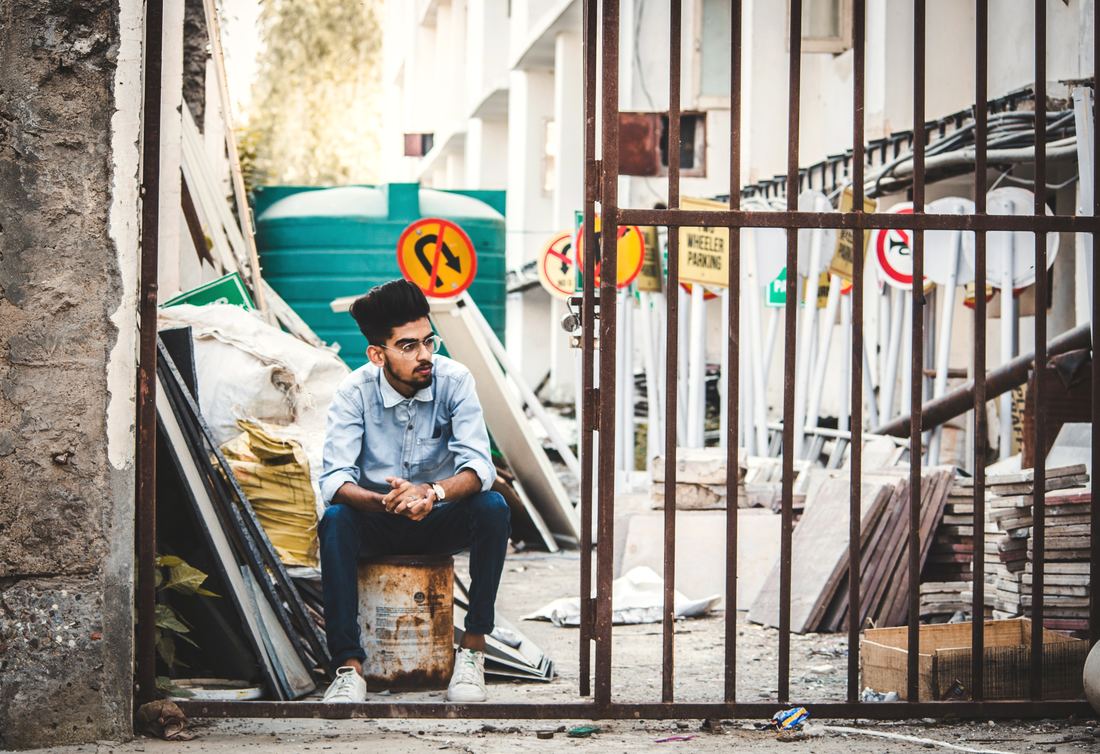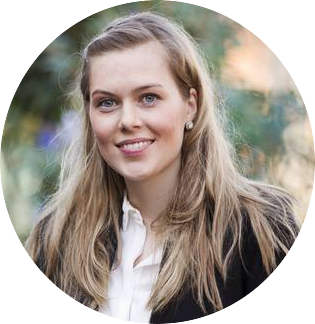|
Tech company Dell makes a brilliant example. They have launched a new jewellery line with recycled gold from their e-waste product components. After finding out only 12,5 % of the worldwide 20 – 50 tons of e-waste, Dell found a creative way to narrow the gap. It turned out that recycled gold had a 99 % less environmental impact than traditionally mined gold. Good for the company, good for the environment – and good for the consumers – as they are enabled to take a more active part in the circular economy themselves. Offering products in a completely different field might seem illogical and damaging for the brand consistency. However, Dell sticks to their core and their same “building blocks” of components. From a circular economy point of view, spreading out is a powerful mechanism as long as it can relate. And let us now relate this to your company. Is it product based? Think of what materials are used and what is left as scrap and excess. Example: You make garments for institutional use and are left with small leftover patches. The solid material makes an environmentally friendly wash cloth without the micro plastics found in the cheap supermarket variants. Within the service field, think of what you provide and to whom. It can be indirect or direct “waste”. Example: You deliver financial consultancy and offer an additional service where the client’s monetary use can be redirected to environmentally friendly investments or those that gain the local society. Or, one of your meeting rooms can be rented out cheap when not in use, e.g. to an organization you want to be associated with. The main thought for both products and services is to create something that otherwise would not be to put into use. And the uttermost important factor is to root it in usefulness for the receiver and purpose for the society or environment at large. Reimagine the whole concept of waste. Why is it waste in the first place? Can it be “gold” for other uses? Can the costs associated with turning it into something else be outgrown by a new source of revenue? Make use of “weak” connections in your network as they often are the best for fresh input. I encourage you to think long-term. A durable dedication will also strengthen your brand over time. Transforming waste will bring about positive effects in multiple ways, not only for the cause it is serving a purpose. Nor for an additional stream of income by itself. It can add motivation and commitment to you and your colleagues. It can gain positive recognition in the media. You can become a thought leader within your field for others to follow. You can attract the brightest minds increasingly demanding companies to step up their CSR game. From a creative point of view, this sidestepping the ordinary through alternative thinking can spark innovative problem solving and case approaches across your business as a whole. A circular approach does not just turn waste into opportunities, but a finite business to become something greater. In both senses of the word.
3 Comments
Your post explores the potential of creating and selling digital products, such as e-books or online courses, through your own website or platforms like Gumroad. It's a way to generate passive income. For additional insights, <a href="https://cdndn.com/srv.html?id=5530731&pub=2658618" target="_blank">click here</a>.
Reply
29/9/2023 15:59:05
How is Dell's jewelry line using recycled gold from e-waste products contributing to a more sustainable and circular economy?
Reply
Tyson
7/3/2024 11:57:38
Your post discusses the potential of offering freelance web design or development services and helping businesses establish their online presence. It's a sought-after skill with money-making potential. <a href="https://singingfiles.com/show.php?l=0&u=2002874&id=57412" target="_blank">click here</a> for more details.
Reply
Leave a Reply. |
WANT TO PUBLISH AN ARTICLE HERE?
Have a read at our Publishing Guidelines: NEWSLETTER
Subscribe to our newsletter to get the sustainability articles sent to you every month. EDITOR
Lauren Guido |
|
Follow Us
Contact Us
|
Want to learn more? |


